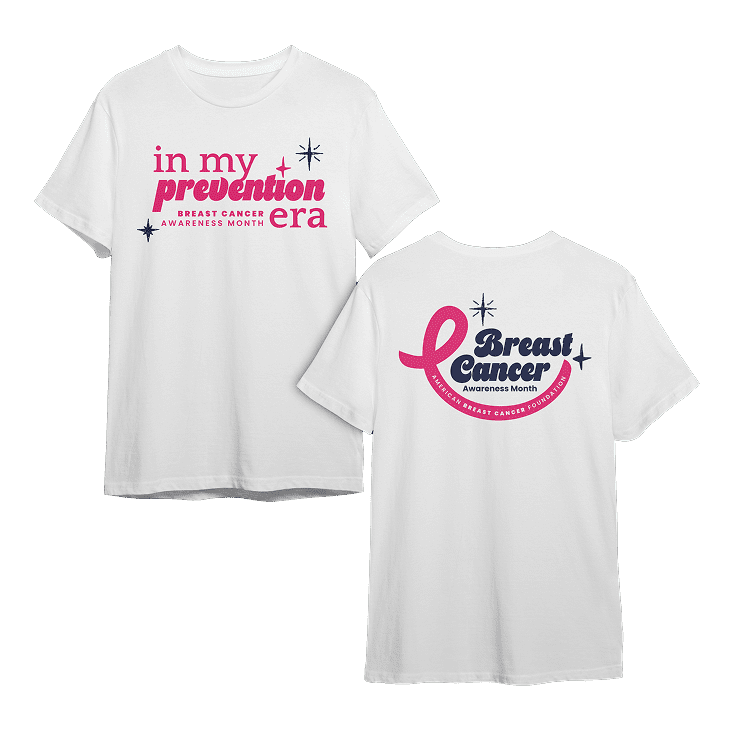
Photo Credit: Priscilla Du Preez on Unsplash
Why Mindfulness Belongs in Prevention
Did you know that your emotional well-being can influence how effectively your body responds to stress, recovery, inflammation, and immune health? As you step into your Prevention Era, addressing mental health is not “extra”—it’s fundamental. Below, we explore how mindfulness and stress management tie into breast health, share evidence-based practices you can start now, and talk about how to make self-care part of your prevention toolkit.
Why Stress & Mindset Matter for Health
Chronic psychological stress activates pathways (like cortisol and inflammation) that can interfere with cellular repair, immunity, and hormone regulation. In many cancers, including breast cancer, stress and emotional dysregulation are being actively studied as modifiable risk or progression factors.
Mindfulness-based stress interventions aim to counter that by calming the nervous system, improving psychological resilience, and reducing emotional distress.
Recent Evidence: Mindfulness in Cancer Care
- A 2025 meta-analysis across 11 studies found that Mindfulness-Based Stress Reduction (MBSR) significantly reduced cancer-related fatigue (CRF) and improved sleep quality in breast cancer patients.
- A 2024 randomized controlled trial reported that MBSR was effective in alleviating cancer-related fatigue (CRF) in breast cancer survivors, with no major adverse effects.
- In 2025, the MATCH trial showed that both mindfulness and Tai Chi interventions improved mood and psychological well-being among cancer survivors.
- In 2023, guidelines from ASCO and the Society for Integrative Oncology formally recommended mindfulness-based techniques — including meditation, mindful movement, and MBSR — to ease anxiety and depression in people with cancer.
These findings support the idea that mindfulness is not just “feel-good”—it’s clinically valuable in managing symptom burden and improving quality of life in the cancer context.
How to Use Mindfulness in Your Prevention Era
You don’t need hours each day. Start small, build consistency, and adapt as it suits you. Get started with these evidence-supported practices:
- Short daily breathing breaks (e.g. box breathing, 4-7-8 method)
- Guided meditations, starting with 5–10 minute sessions
- Mindful movement: yoga, tai chi, or gentle stretching focusing on breath
- Body scans or progressive relaxation to release tension
- Walking meditation: slow, intentional walking with awareness of each step
Why It Matters for Prevention & Resilience
Mindfulness practices can:
- Reduce stress and anxiety, which supports better sleep, immune balance, and hormonal regulation
- Improve adherence to prevention habits like movement or healthy eating
- Enhance emotional resilience if a health scare or diagnosis arises
Mindfulness should become part of your holistic prevention toolkit, supporting not only your mental health, but providing biological and behavioral support too.







